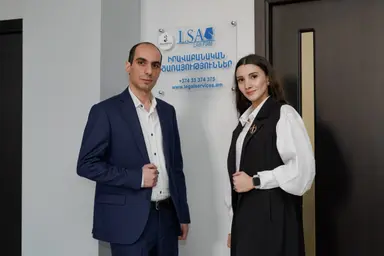Our company provides comprehensive legal services in the field of administrative law. We assist clients in administrative cases, both in dealings with state bodies and in administrative courts. Legal services in administrative law are available throughout the territory of the Republic of Armenia.
Our law firm conducts thorough research into any issues that arise between our clients and the competent state body. After assessing the situation, we attempt to resolve the matter out of court by drafting appropriate applications, petitions, and/or submitting administrative appeals through the hierarchical channels.
The lawyers at our firm have extensive experience working with various administrative bodies, including:
- Police (including the Passport and Visa Department)
- Tax authorities
- Customs authorities
- Labor inspectorate
- Municipalities
- Regional administrations
- Community administrations
- Compulsory enforcement bodies
- State Real Estate Cadastre
- State Register of Legal Entities
- Fire Service
- Sanitary-Epidemiological Inspectorate
- Competent authorities overseeing urban development, mining, healthcare, education, and other sectors.
Additionally, some of our leading lawyers have previous experience working within relevant state bodies, which provides valuable insight into navigating administrative procedures.
If negotiations and administrative appeals fail to resolve the issue, our experienced lawyers file appropriate lawsuits with the administrative courts to protect our client’s interests. It is important to note that the administrative courts in the Republic of Armenia operate independently and professionally, enabling citizens and legal entities to appeal and restore their violated rights that could not be corrected through administrative bodies.


































